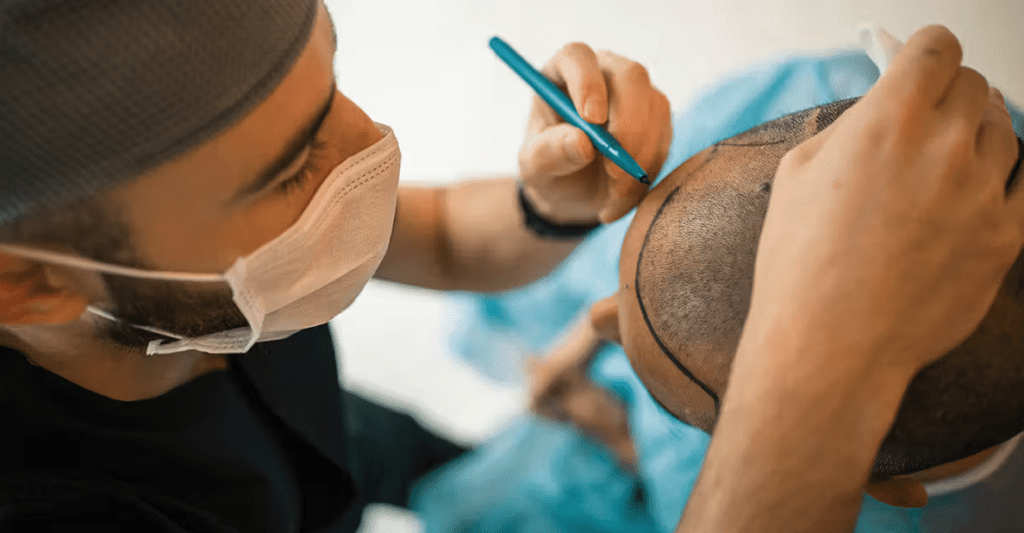Hair loss can be a distressing experience, affecting not only one’s appearance but also their self-esteem and confidence. While there are various remedies and treatments available, one option that many individuals consider is hair transplant surgery. In this article, we’ll delve into the advantages and disadvantages of hair transplant treatment to help you make an informed decision about your hair restoration journey.
Advantages of Hair Transplant Treatment:
- Permanent Results: Perhaps the most significant advantage of hair transplant surgery is its permanence. Unlike temporary solutions like topical treatments or medications, once the transplanted hair follicles take root, they are there to stay. This means that patients can enjoy long-term, natural-looking results without the need for ongoing maintenance or treatment.
- Natural Results: With advancements in hair transplant techniques such as Follicular Unit Extraction (FUE), patients can achieve incredibly natural-looking results. During FUE, hair follicles are carefully extracted from a donor site and strategically implanted into the recipient area, ensuring seamless integration with existing hair. This results in a natural hairline and overall appearance that complements the patient’s features.
- Minimally Invasive Procedure: Hair transplant surgery is a safe and minimally invasive procedure that requires minimal downtime. Patients can typically resume their regular activities within a week, making it a convenient option for those with busy lifestyles.
Disadvantages of Hair Transplant Treatment:
- Risk of Complications: While hair transplant surgery is generally safe, there are potential risks and complications associated with the procedure. These include the risk of infection, ingrown hairs, and temporary scalp sensitivity. In rare instances, patients may experience significant swelling or permanent scalp numbness.
- Temporary Shedding: Following the procedure, patients may experience temporary shedding of transplanted hair, which is a normal part of the healing process. While this can be alarming for some individuals, it is essential to understand that new hair growth will occur in the coming months, leading to improved density and coverage.
- Skill and Suitability: The success of hair transplant surgery depends on factors such as the skill of the medical team and the suitability of the patient. It’s crucial to choose a qualified and experienced surgeon who can assess your unique situation and provide realistic expectations for the procedure.
In conclusion, hair transplant surgery offers numerous advantages, including permanent and natural-looking results. However, it’s essential to weigh these benefits against the potential risks and complications associated with the procedure. By consulting with a reputable hair transplant clinic and understanding the advantages and disadvantages, you can make an informed decision about whether hair transplant treatment is right for you.





